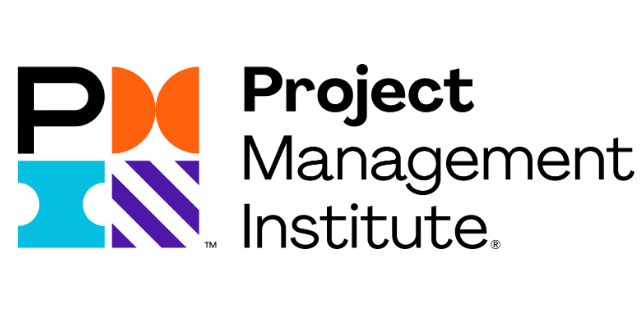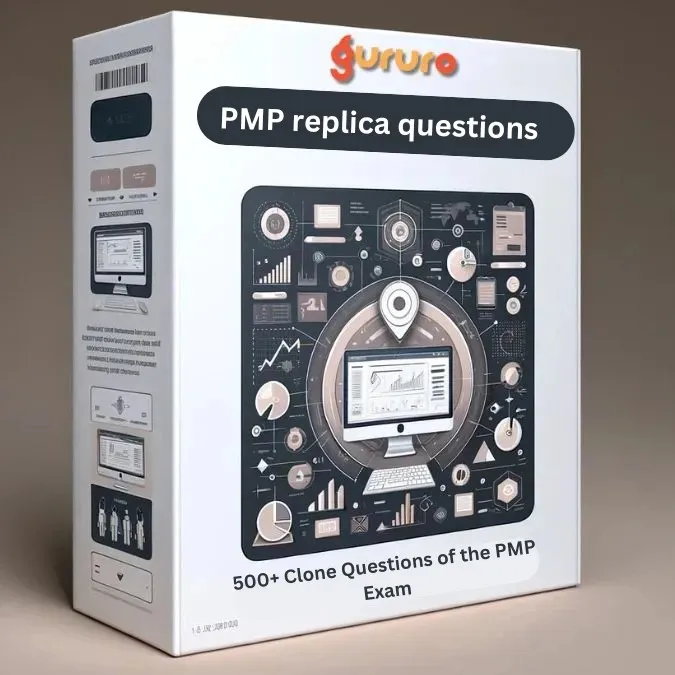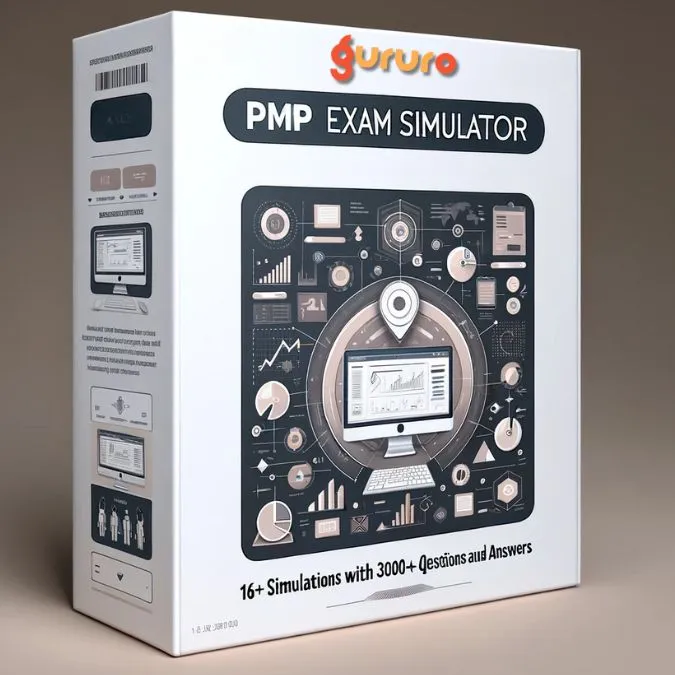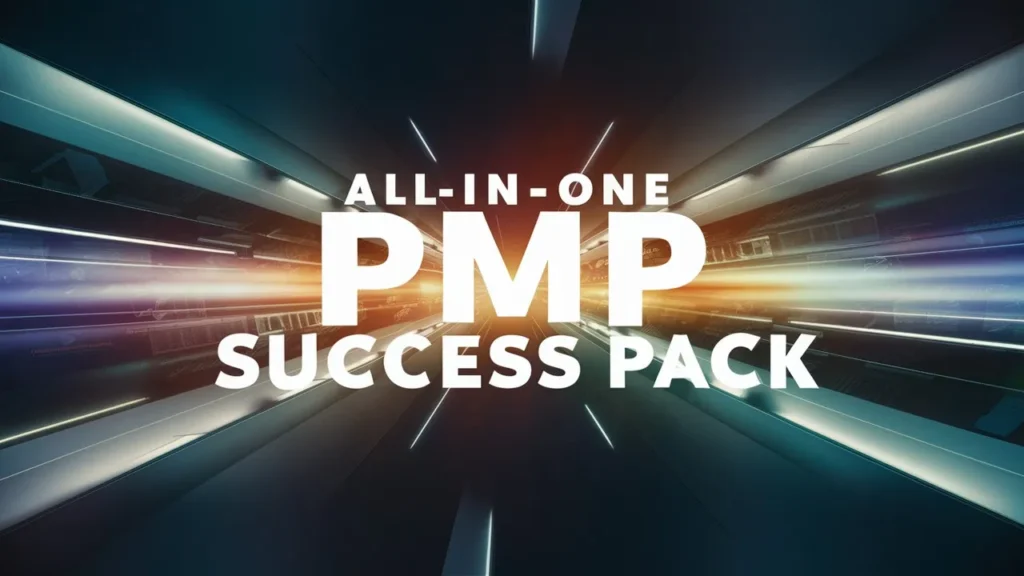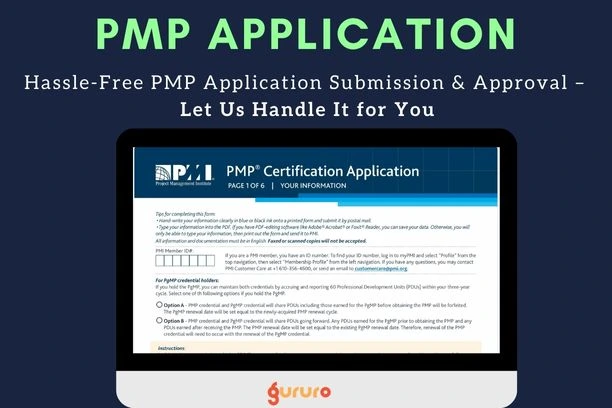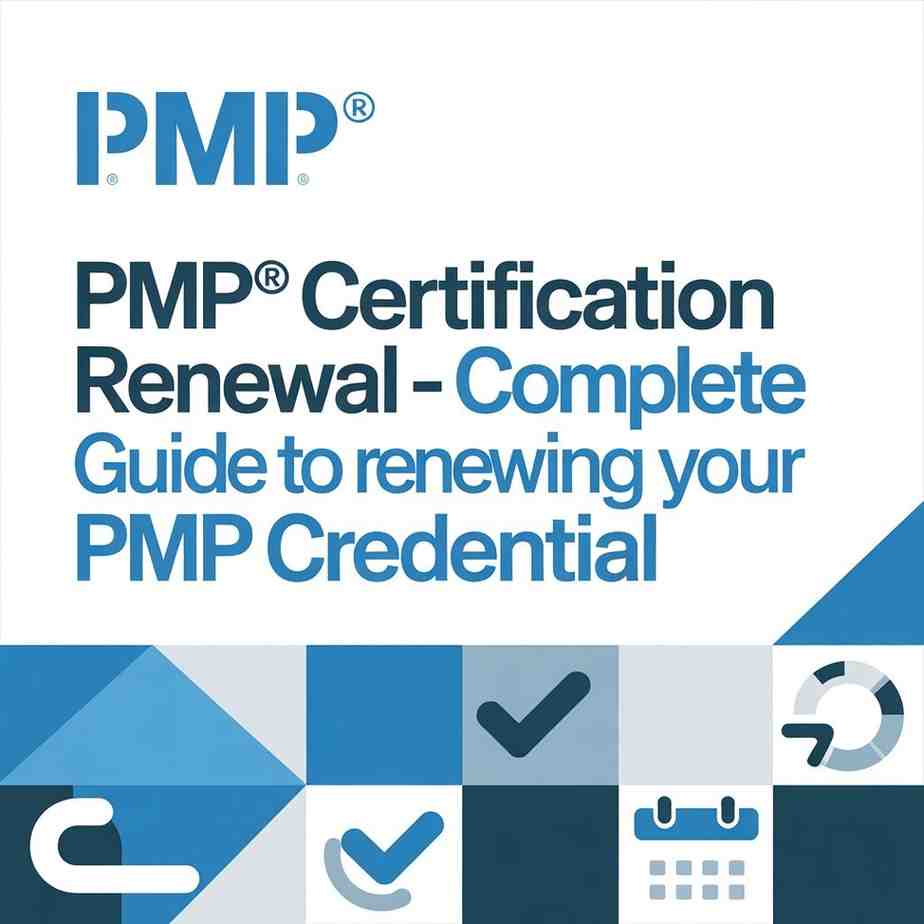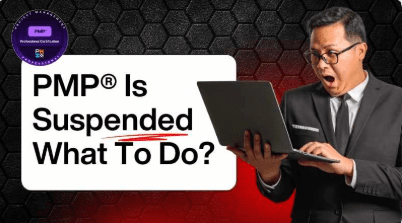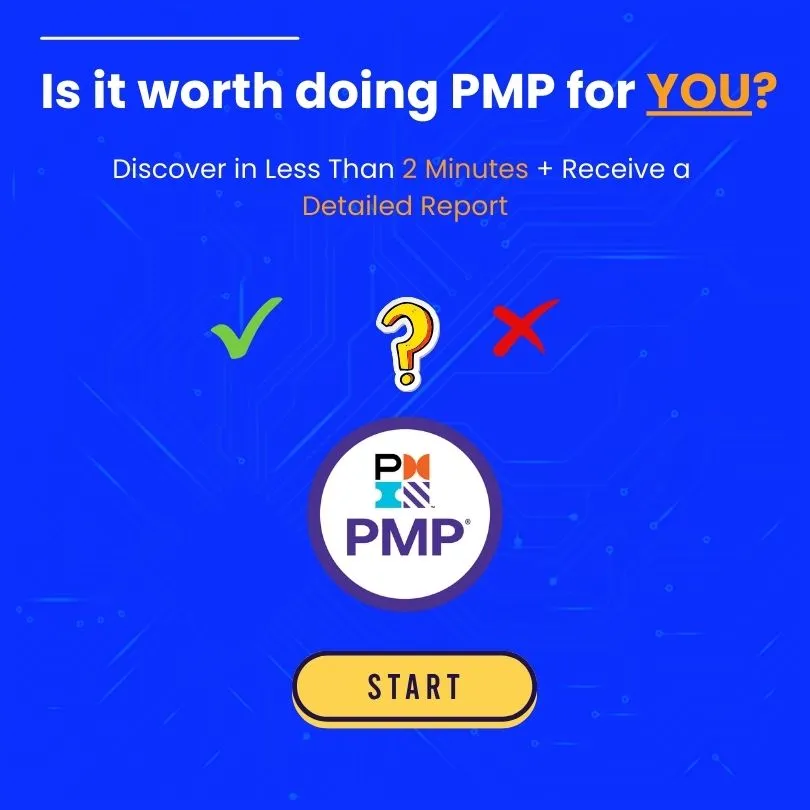Overview:
Picking the right PMP training provider feels like a big deal, doesn’t it? It’s a huge step toward nailing that Project Management Professional certification you’ve got your eye on. With the PMI Registered Education Provider (REP) program phased out in most places and PMI Authorized Training Partners (ATPs) stepping into the spotlight, things can get a bit confusing. Plus, you’ve got Non-ATPs and the lingering REPs in China to consider. So, what is the difference between PMI Authorized Training Partners and Non-Authorized Providers? Simply put, ATPs have PMI’s stamp of approval, using top-notch materials and certified instructors, while Non-ATPs don’t carry that endorsement, and REPs are now just a China-specific thing.
I’m here to walk you through each type of provider, spotlight the key differences, and help you figure out how to choose the best PMP training provider for you. Whether you’re all about PMI-endorsed materials, want verified instructors, or need something that fits your budget, we’ll weigh the ups and downs together. By the time you’re done reading, you’ll have a clear picture of what are the benefits of choosing a PMI Authorized Training Partner for PMP certification and which option vibes best with your goals and wallet.
Understanding PMI's Training Provider Options
Hey there, diving into your PMP certification journey is a big step, and picking the right training provider can make all the difference. The folks at PMI have set some pretty high bars to ensure you’re getting top-notch training, and they’ve fine-tuned their programs to keep quality first. So, what are the requirements to become a PMI Authorized Training Partner? Well, ATPs go through a tough screening process to meet PMI’s expectations for things like course materials, instructors, and teaching methods.
You’ve got a few options when choosing a provider: Authorized Training Partners (ATPs), Non-Authorized Training Partners (Non-ATPs), and the now-retired Registered Education Providers (REPs), which are still kicking around in China. ATPs are the real deal—officially backed by PMI to deliver high-quality training that’s consistent and reliable. On the flip side, Non-ATPs don’t have that PMI stamp of approval, so their quality can be a bit of a mixed bag. Can Non-ATP providers offer valid PMP training hours for the exam? Sure, they can give you the required 35 contact hours, but their materials or instructors might not be up to PMI’s standards, which could leave you less prepared for the big test. As for REPs, they were phased out globally in 2019 but are still operating in China under older PMI rules.
Choosing the right provider is a game-changer for acing your PMP exam. If you’re looking for a solid option, Gururo, as a PMI ATP, delivers the gold standard in PMP certification prep, so you can feel confident you’re getting the best.
What is a PMI Authorized Training Partner (ATP)?
If you’re looking to verify whether a training provider is a PMI Authorized Training Partner (ATP), it’s super straightforward. Just hop onto PMI’s official website or reach out directly to the provider to confirm their ATP status. These folks go through a tough approval process to make sure their materials, instructors, and teaching methods meet PMI’s high standards.
As for what materials you’ll get from an ATP for PMP exam prep, they’ve got you covered with PMI-approved resources. Think student manuals, real-world case studies, and knowledge checks that are all designed to sync perfectly with the PMP exam. It’s everything you need to feel confident and ready!
Benefits of Choosing an ATP for Your PMP Certification
Should I choose a PMI ATP over a Non-ATP for PMP certification? Choosing a PMI ATP offers numerous advantages that make it the preferred choice:
- PMI-Approved Content: ATPs provide official PMI course materials, ensuring you study content directly aligned with the PMP exam. How does PMI ATP training prepare me for the PMP exam? By using up-to-date materials and real-world case studies, ATPs ensure comprehensive exam readiness.
- Certified Instructors: ATP instructors are PMI-approved, bringing practical experience to the classroom for top-tier instruction.
- Consistency and Quality: ATPs adhere to PMI’s high standards, delivering consistent, comprehensive training.
- Support Throughout the Process: How do I earn PDUs with a PMI Authorized Training Partner? ATPs like Gururo offer PDU-approved programs for certification renewal, alongside exam registration and application support.
Non-ATP Training Providers: What You Need to Know
Non-Authorized Training Partners (Non-ATPs) are institutions that offer PMP training without PMI’s official endorsement. These providers may still deliver project management education, but they lack the rigorous approval process that PMI requires for its ATPs. While some Non-ATPs might offer PMP courses at a lower cost, they do not have access to PMI’s official training materials, and their instructors may not be certified by PMI. This can lead to inconsistencies in the quality of training, which could affect your exam readiness and overall learning experience.
The Risks of Choosing a Non-ATP Provider
Opting for a Non-ATP provider can present several risks, including:
- Outdated or Inaccurate Materials: Non-ATP providers do not have access to PMI’s official and most up-to-date training materials. This means that the content you are studying may not align with the latest PMBOK guide or PMP exam content outline, putting you at a disadvantage during the exam.
- Uncertified Instructors: Since Non-ATP providers are not required to use PMI-approved instructors, the quality and expertise of the trainers can vary widely. Instructors might not be familiar with the latest PMP exam changes or may lack real-world experience, leading to a subpar learning experience.
- No PMI-Backed Support: Non-ATP providers do not offer the same level of support for exam preparation and registration that ATPs do. Without the guidance of an official training partner, navigating the PMP exam application process can be more difficult.
- Lack of PDU-Approved Programs: Since Non-ATP providers do not have PMI’s endorsement, they cannot offer pre-approved Professional Development Units (PDUs) for your PMP renewal, meaning you’ll need to seek additional sources for maintaining your certification.
Why Non-ATP Providers Are Losing Popularity
With the rise of PMI’s Authorized Training Partner (ATP) program, Non-ATP providers are gradually losing popularity. PMI’s strict guidelines and focus on quality have made ATPs the preferred choice for PMP aspirants. Key reasons for this shift include:
- Assurance of Quality: Students prefer the confidence of knowing they are receiving PMI-vetted content and learning from certified instructors. The guarantee of up-to-date and relevant course materials is a critical factor in choosing an ATP over a Non-ATP provider.
- PMI-Endorsed Resources: Non-ATP providers cannot match the benefits of ATPs, such as access to the PMI Learning Portal, official course materials, and end-to-end support in preparing for the PMP exam.
- Higher Success Rates: ATPs like Gururo have a proven track record of success, boasting higher pass rates and better student outcomes. This has further contributed to the declining popularity of Non-ATP providers.
For a truly comprehensive and risk-free PMP certification journey, it’s always best to opt for an ATP. With Gururo’s PMP Certification Training, you’re ensured a high-quality, PMI-backed education that maximizes your chances of success.
The Retired REP Program: Where It Stands Today
The PMI Registered Education Provider (REP) program was once the go-to source for PMP training around the world. However, in 2019, PMI officially retired the REP program, replacing it with the more stringent Authorized Training Partner (ATP) program. While REPs played an important role in providing PMP training for many years, PMI recognized the need for a more standardized and higher-quality training approach, which led to the transition to ATPs.
Why REPs Were Phased Out
PMI phased out the REP program to ensure a higher level of consistency and quality across all its training providers. The key reasons for this shift include:
- Inconsistent Training Standards: While REPs were required to meet certain criteria, the level of training quality and materials varied widely from one provider to another. PMI wanted to ensure that all PMP candidates received uniform, high-quality education, regardless of which provider they chose.
- Lack of Official PMI Materials: REPs developed their own training content, which often led to discrepancies in the information presented. By shifting to the ATP program, PMI ensures that all course materials are officially licensed and updated regularly to reflect the latest exam content and PMBOK guidelines.
- Instructor Certification: While REP instructors did not need PMI certification, ATP trainers are rigorously vetted and must meet PMI’s high standards for education and experience. This ensures that learners are receiving instruction from qualified professionals with real-world project management expertise.
Are REPs Still a Viable Option in China?
Although the REP program was discontinued globally in December 2019, it still exists in China as an exception. In China, REPs continue to operate under PMI’s original guidelines, providing PMP certification training to local candidates. However, the global transition to ATPs has made REPs a less attractive option internationally.
Outside of China, the REP program is no longer a viable choice. PMI strongly encourages PMP aspirants worldwide to seek out Authorized Training Partners (ATPs) for the most current, PMI-endorsed learning experience. With ATPs like Gururo, you are guaranteed access to the latest official course materials, PMI-certified trainers, and comprehensive support throughout your PMP certification journey.
For those located outside China or seeking the most up-to-date training, Gururo’s PMP Certification Training is the ideal choice, ensuring your success with official, PMI-approved resources.
Comparing ATP, Non-ATP, and REP Providers: Key Differences
When selecting a PMP training provider, understanding the differences between Authorized Training Partners (ATP), Non-Authorized Training Providers (Non-ATP), and Registered Education Providers (REP) is crucial. Each type of provider offers distinct advantages and disadvantages, but choosing the right one will impact your PMP exam success and overall learning experience. Here, we break down the key differences across several important factors.
PMI Endorsement and Approved Materials
- ATP: Authorized Training Partners like Gururo have been vetted and officially endorsed by PMI. This means all materials, including student manuals, mastery builders, and exam prep resources, are PMI-approved and aligned with the most recent PMBOK guide and PMP Exam Content Outline. Students also gain access to PMI’s Learning Portal, where they can utilize additional resources to strengthen their knowledge.
- Non-ATP: Non-ATP providers do not have access to PMI’s official materials and rely on their own resources. This can lead to outdated or incomplete content that may not adequately prepare students for the PMP exam. Additionally, Non-ATPs do not have PMI’s endorsement, meaning their courses lack the guarantee of PMI-approved quality.
- REP: While REPs were once PMI’s standard for training providers, they were phased out in 2019 (except in China). REPs often used custom-created materials, which led to inconsistencies in content quality. Although still active in China, globally, they are no longer considered a top choice for PMP certification training.
Instructor Qualifications and Training Quality
- ATP: Instructors at ATPs are required to be PMI-certified, meaning they meet strict qualifications and have real-world project management experience. This ensures that students learn from industry experts who are not only knowledgeable but also skilled in delivering high-quality training. For example, Gururo‘s trainers bring years of project management experience into the classroom, providing practical insights that go beyond theory.
- Non-ATP: Non-ATP providers are not bound by PMI’s instructor certification requirements. As a result, the quality of trainers can vary significantly. Without PMI-approved qualifications, Non-ATP instructors may lack the depth of knowledge or experience needed to fully prepare students for the PMP exam.
- REP: Similar to Non-ATP providers, REP instructors were not required to be PMI-certified. While some REPs employed experienced trainers, others may not have met the same rigorous standards. This inconsistency was one of the reasons PMI transitioned to the ATP model.
Pricing, Flexibility, and Added Benefits
- ATP: ATPs generally offer a range of pricing options, often reflecting the comprehensive nature of their training. While ATP courses may be slightly more expensive than Non-ATP options, the value lies in the quality of the materials, experienced instructors, and added support services. ATPs also offer extended benefits like PMP exam application support, audit assistance, and recertification options. For example, Gururo provides PMP Renewal support and PMP Certification Training, ensuring both new and existing professionals can achieve and maintain their PMP certification with ease.
- Non-ATP: Non-ATP providers may offer lower-cost options, but these often come with fewer resources and less support. The lack of official PMI materials and certified instructors can reduce the effectiveness of the training. Additionally, Non-ATPs rarely offer extended services like exam application assistance or PDUs for recertification, making them less attractive for professionals looking for a complete certification package.
- REP: Pricing for REPs was typically more variable, depending on the region and specific provider. While some REPs offered quality training, the lack of PMI-approved materials and certified instructors meant that students often did not receive the same value as they would from an ATP. REPs also had limited support for services like PMP application assistance or PDUs for renewal, further diminishing their appeal.
How to Choose the Right PMP Training Provider for You
Selecting the right PMP training provider is a critical step in your journey to becoming a certified Project Management Professional. With several types of providers available, from Authorized Training Partners (ATPs) to Non-ATPs, it’s essential to make an informed decision that suits your needs, goals, and budget. Here are some key factors to consider when choosing your PMP training provider.
Factors to Consider When Making Your Decision
- PMI Endorsement: One of the first things to check is whether the provider is a PMI Authorized Training Partner (ATP). ATPs like Gururo are officially recognized by PMI, ensuring that their training materials and instructors meet PMI’s rigorous standards. Non-ATP providers may not offer the same level of quality or up-to-date information.
- Instructor Qualifications: The expertise and qualifications of the instructors are vital to your success. ATPs employ PMI-certified instructors, meaning they are not only familiar with the exam content but also have extensive real-world project management experience. This ensures you’re learning from professionals who can provide practical insights in addition to theoretical knowledge.
- Access to Official PMI Materials: ATPs use PMI-approved course content, including official study guides, manuals, and additional resources. These materials are regularly updated to reflect changes in the PMP exam. Non-ATP providers may offer outdated or unverified content, which could leave gaps in your knowledge.
- Support Services: Beyond the course itself, look for providers that offer comprehensive support, such as PMP exam registration guidance, audit assistance, and help with maintaining your certification through programs like PMP Renewal. The more support you have, the easier your certification journey will be.
- Student Success Rates: Check the provider’s track record. How many students have successfully passed the PMP exam after completing their training? Providers like Gururo boast a high pass rate, reflecting the effectiveness of their training programs.
- Learning Format: Consider the learning format that works best for you. Whether you prefer instructor-led virtual classes, self-paced learning, or hybrid options, it’s important to select a provider that aligns with your learning style.
The Importance of Quality Over Cost
While it’s tempting to choose a training provider based solely on price, it’s important to prioritize quality over cost. Cheaper options, such as Non-ATP providers, may seem attractive at first, but they often lack the PMI-approved materials, qualified instructors, and support services necessary for success. Investing in a reputable PMI ATP, like Gururo, guarantees that you are receiving high-quality education tailored to help you pass the PMP exam on your first try.
Low-cost providers may save you money upfront, but the potential consequences—such as failing the exam due to inadequate preparation or having to retake courses—can end up costing you more in the long run. By choosing a trusted ATP like Gururo, you are ensuring a higher success rate, access to official materials, and comprehensive support, all of which contribute to a smoother and more effective path to PMP certification.
Why Gururo is a Leading PMI ATP
Gururo stands out as a leading PMI ATP due to its commitment to excellence in project management education. By choosing Gururo’s PMP Certification Training, you benefit from:
- Access to Official PMI Materials: We offer official PMI-endorsed training resources, ensuring that your study materials are current and aligned with the latest PMBOK guide and Exam Content Outline.
- Expert Instructors: Our trainers are industry veterans with vast project management experience, ensuring you receive practical knowledge that goes beyond theory.
- Proven Success Rates: With thousands of successful PMP-certified professionals, Gururo has a proven track record of preparing students for success in the PMP exam.
By choosing Gururo, you are setting yourself up for success with a training partner that prioritizes quality, experience, and comprehensive support.
Conclusion
Choosing the right PMP training provider is a crucial decision that can significantly impact your certification success and your future career as a project management professional. PMI’s transition from REPs to ATPs has set a new standard for quality, ensuring that candidates receive the best possible training from providers like Gururo, a trusted PMI Authorized Training Partner.
While Non-ATP providers may offer lower prices, the risks of outdated materials, uncertified instructors, and inadequate support can hinder your PMP exam readiness. On the other hand, ATPs like Gururo provide PMI-approved course content, experienced trainers, and full support throughout your PMP journey, ensuring that you are fully equipped to pass your exam and thrive in your project management career.
Whether you’re seeking certification for the first time or looking to maintain it through our PMP Renewal Program, investing in quality training with Gururo is a smart choice. Your future as a certified PMP starts with the right training partner—make sure you choose one that sets you up for success.




